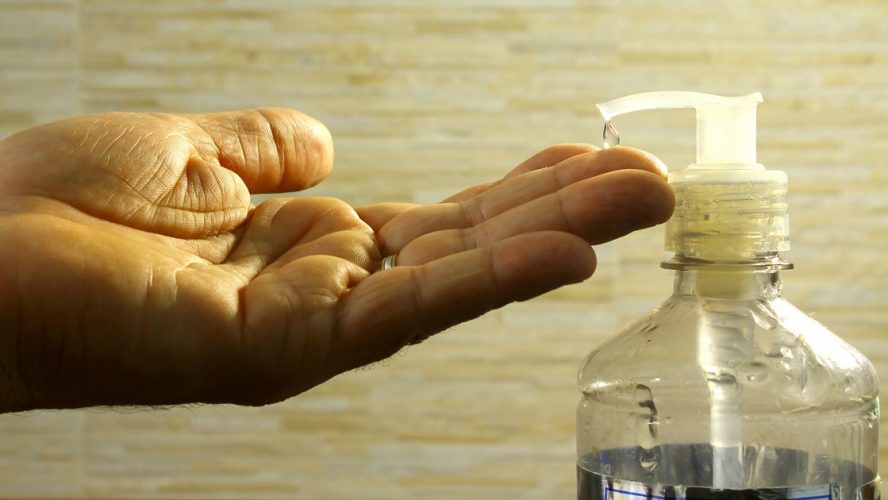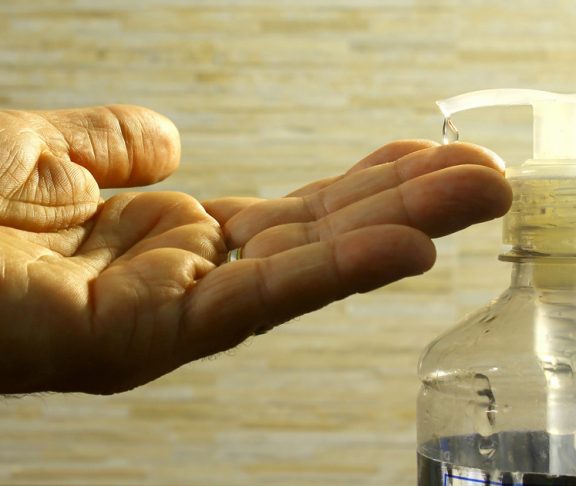There’s a lot of misinformation online about how best to keep eczema under control. Plenty of emollient – and topicals steroids for flare-ups – is the way to go.
Eczema, also known as dermatitis, is a non-contagious, inflammatory dry skin condition that can affect people from early infancy to old-age. It is a highly individual, long-term condition that comes in different forms. The skin is often unbearably itchy – the urge to scratch can be irresistible – and during a flare-up it can also be red, sore and raw. Eczema is estimated to affect up to six million people in the UK and one in five children.
First line eczema treatments – a good skincare routine
A good skincare routine is important for any form of eczema. It is essential to use emollients (medical moisturisers) to keep the skin protected and restore the skin barrier. There is a wide range of emollients available from lotions, gels, creams and ointments.
Different emollients suit different people – finding the best one(s) for you may involve some trial and error. Emollients should be applied at least twice a day, and every few hours when the skin is very dry. They should also be used for washing, as soap can irritate eczema.
Topical steroids (creams/ointments) are the most common form of treatment for inflammation in eczema. These are typically used for short treatment bursts during flare-ups and come in four levels of potency. Topical steroids of different potencies will usually be prescribed for different areas of the body: less potent ones for delicate skin and more potent ones for thicker skin.
Topical Calcineurin Inhibitors are a second-line treatment for eczema and can be used for flare-ups and twice-weekly ongoing maintenance treatment.
Treating more severe eczema
Treatments for severe eczema include phototherapy, immunosuppressant and biologic drugs. Unfortunately, there is currently no cure for eczema, but there are other new treatments being developed.


